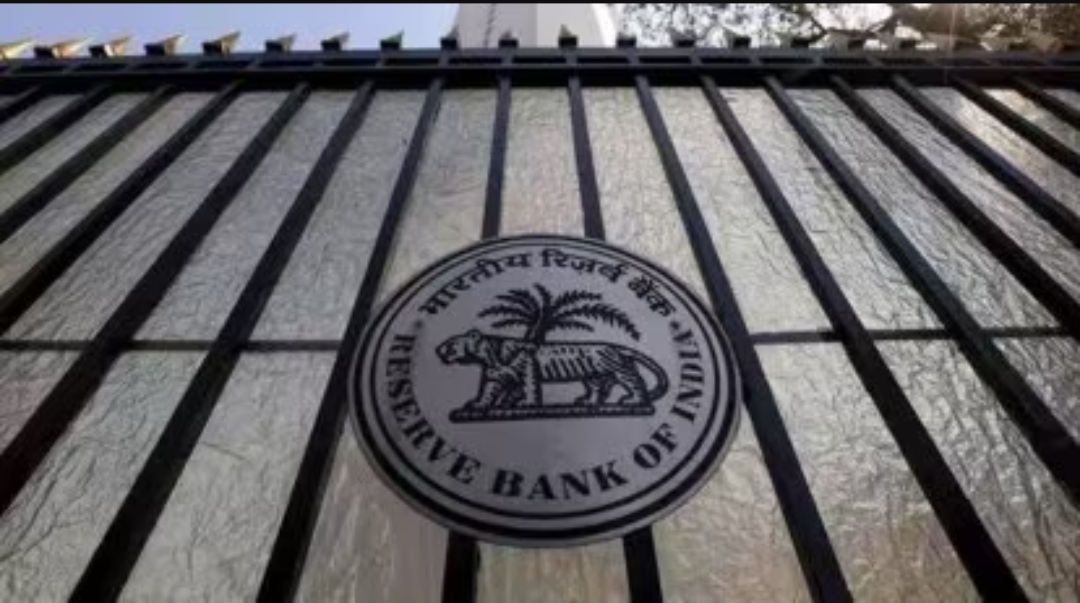Regulated entities (REs) make investments in units of AIFs as part of their regular investment operations. RBI, however, said that certain transactions of REs involving AIFs raise regulatory concerns.
In a move aimed at curbing evergreening of stressed loans, the Reserve Bank of India (RBI) on Tuesday directed banks, non-banking financial companies (NBFCs) and other lenders not to invest in any scheme of alternative investment funds (AIFs) which has downstream investments in a debtor company.
An AIF means any fund established or incorporated in India which is a privately pooled investment vehicle, and which collects funds from sophisticated investors, whether Indian or foreign, for investing it in accordance with a defined investment policy for the benefit of its investors. Regulated entities (REs) make investments in units of AIFs as part of their regular investment operations. RBI, however, said that certain transactions of REs involving AIFs raise regulatory concerns.
“These transactions entail substitution of direct loan exposure of REs to borrowers, with indirect exposure through investments in units of AIFs,” the RBI said in a notification. Evergreening of loans is a process whereby a lender tries to revive a loan that is on the verge of default or in default by extending more loans to the same borrower. The process of evergreening of loans is typically a temporary fix for a bank.
As of December 19, there were 1,220 AIFs registered with the Securities and Exchange Board of India (SEBI). Total investment commitment raised by AIFs stood at Rs 8.44 lakh crore as of June 30, 2023 compared to Rs 6.94 lakh crore as of end June 2022, according to SEBI data. Total funds raised by the AIFs as of end June 2023 quarter was Rs 3.74 lakh crore, of which Rs 3.5 lakh crore worth of investment was made by the end of the first quarter.
In order to address concerns relating to possible evergreening through this route, the RBI said the regulated entities should not make ‘investments in any scheme of AIFs which has downstream investments either directly or indirectly in a debtor company of the RE’. Downstream investments mean the actual investment by the AIF in a company using the funds they have raised from AIF investors. The RBI said the debtor company of the RE, for this purpose, means any company to which the RE currently has or had a loan or investment exposure anytime during the preceding 12 months.
For more information visit at https://happenrecently.com/zepto/?amp=1







